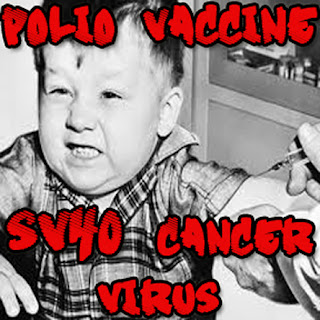 |
| Polio Vaccine is Toxic |
Speaking on a point of order in the House, cleric-turned-politician from Mansehra Mufti Kifayatullah said he would table private member’s bill in the House during the ongoing session for making polio vaccination mandatory for admission to schools. He said the bill stated that parents should be bound to produce anti-polio vaccination certificate while seeking admission for their children to government and private schools in the province. The lawmaker criticised the government over the killing of vaccinators and failure to arrest the culpable people and declared it the government’s inefficiency.He urged the government to provide health workers carrying out anti-polio vaccination campaign with proper security.
Mr Kifayatullah proposed that the government stop sending vaccinators from door to door and make arrangements for vaccination of children against polio in mosques. During the session, lawmakers from both the treasury and opposition benches condemned the killing of polio vaccinators in the province. Ironically, health minister Zahir Ali Shah and Chief Minister Ameer Haider Khan Hoti remained absent from the session throughout the discussion on the matter. On a point of order, Pakistan Muslim League-Nawaz MPA Javid Abbasi warned that health of around 800,000 children would be affected if anti-polio drops were not administered to them. He said the government should explain to the people its strategy for running vaccination drive. Awami National Party member Saqibullah Khan Chamkani said UN should stop the US from using health related campaigns for espionage in the province.He also said UN and international community should help Pakistan at this critical moment instead of asking government to suspend immunisation campaign. He said the involvement of the world’s big powers in the immunisation campaign and vested interests had put lives of Pakistani children at risk.
Vaccine Exemption Forms





















